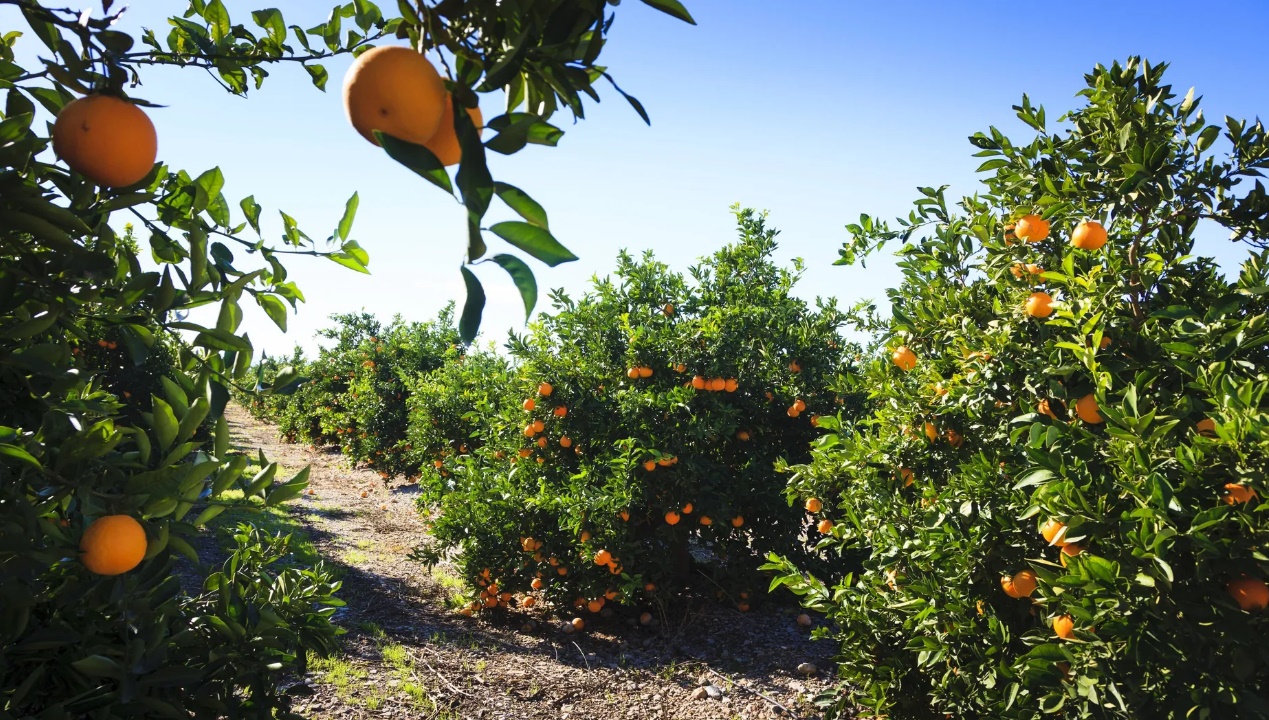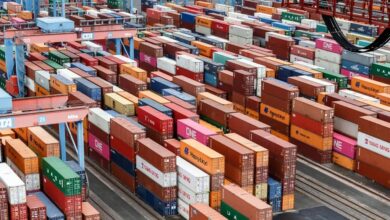At least 219 people have died in the devastating storm in the east and south of Spain. After the floods, chaos still reigns in many places in the affected regions. Places are covered in mud, roads are blocked by cars and household goods. Dozens of people are still missing.
But it is not just the damage to the infrastructure that is immense, but also the economic impact. This could also have consequences for Germany – especially with regard to agriculture.
A lot of fruit and vegetables are grown in Spain, including in the regions affected by the storm. For example, the regional government of Andalusia announced that around 4,200 of the 22,000 hectares of greenhouses in the Campo de Dalias vegetable and fruit growing center near Almería had been damaged. Citrus and olive plantations had also suffered damage.
Valencia orange region badly affected
The badly affected Valencia region is particularly famous for its oranges. According to the farmers’ association Asaja, thousands of hectares of this year’s fruit and vegetable harvest, including citrus fruits, could have been destroyed there. Other plantation trees could die due to the wet weather. In 2023, Germany imported 196,680 tons of oranges from Spain.
Miguel Angel Serrano, technical secretary of the farmers’ association, explained that a number of plants had been destroyed in the affected region because huge hailstones and the storm had destroyed the plastic tarpaulins of the greenhouses. According to Serrano, this damage alone amounts to “several million euros”. A video shows the destruction:
As the industry newspaper “Lebensmittel Zeitung” (LZ) writes, the Edeka procurement subsidiary Fruchtkontor, which is based in Valencia, is now warning merchants of “reduced availability”. It is not yet possible to estimate how great the restrictions caused by the natural disaster will be.
Replacements from other regions may not be enough
The “LZ” quotes an Edeka retailer who explains that there are currently no gaps in the sales areas, but that they will come. Some Edeka regions are apparently already planning to cancel the promotional business with persimmon and citrus fruits. According to estimates, more than 70 percent of the persimmon harvest in the important Valencia region has been destroyed.
Lidl is currently unable to provide “any information on the impact on the supply chain”, and when asked by the trade magazine, Kaufland referred to alternatives in its range. According to “LZ” information, many retailers are currently trying to find replacements from other regions and countries. However, experts fear that this will not be enough for clementines.
A wholesaler from whom German trading companies and Edeka regions purchase fruit and vegetables explains that “currently only around a quarter of the goods from Valencia arrive at him”.
However, the full extent of the damage cannot yet be estimated. This year, there was already a shortage of oranges due to drought, which, among other things, led to an increase in the price of orange juice.

 The end for Kaweco: Production is being discontinued
The end for Kaweco: Production is being discontinued The 2024 Nobel Prize in Economics was awarded to Daron Acemoğlu and his team
The 2024 Nobel Prize in Economics was awarded to Daron Acemoğlu and his team Bitcoin dives below $57,000 after 2 months
Bitcoin dives below $57,000 after 2 months EU countries agree on supply chain law
EU countries agree on supply chain law